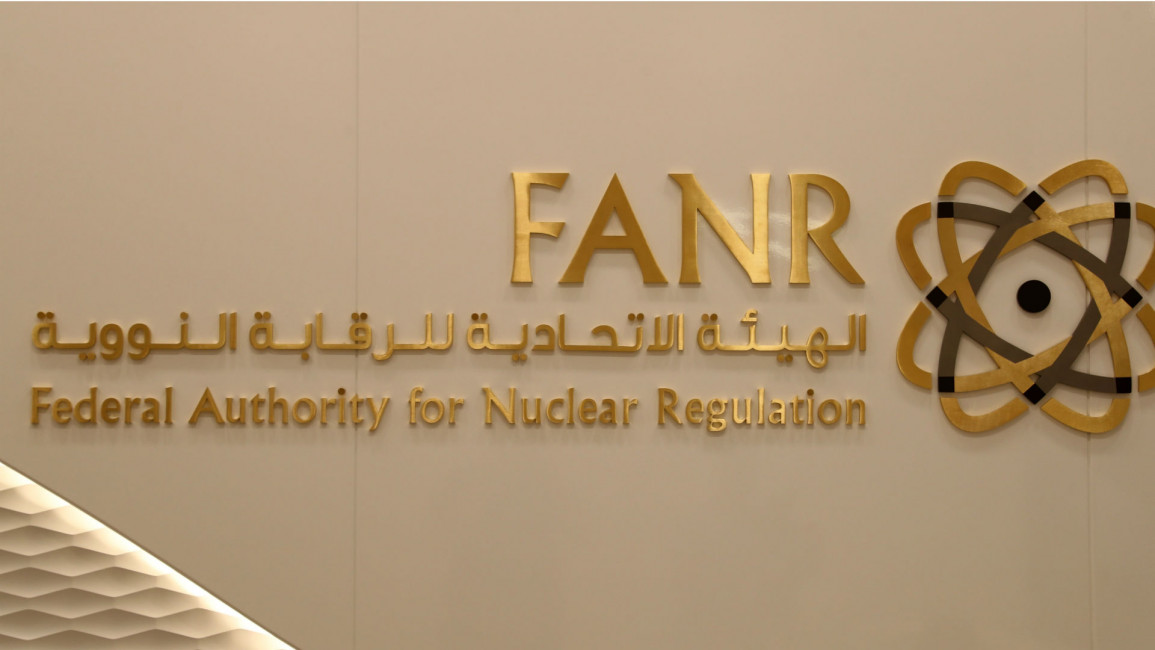UAE to go nuclear as first reactor is completed
Abu Dhabi's announcement comes following a visit from South Korean President Moon Jae-in, where he toured the $20-billion Barakah debut plant with Crown Prince Mohammed bin Zayed, state-run WAM news agency reported.
The plant west of Abu Dhabi is being constructed by a consortium led by KEPCO, the Korea Electric Power Corporation.
The achievement was described as "historic" for the UAE's energy source by Sheikh Mohammed. The country, while rich in oil and gas, is looking to increase alternate sources of power.
Previously, the UAE had announced that the first reactor would begin operations in 2017, before later delaying the start date.
Overseeing the nuclear programme is the Emirates Nuclear Energy Corporation, who are waiting for the go-ahead from the regulatory authority before operating.
Nuclear and renewable energy are expected to contribute to 27 percent of the country's electricity needs by 2021.
WAM added that the second reactor is 92 percent complete, the third 81 percent and the fourth 66 percent. The UAE is now reportedly focused on having the four reactors operational by May 2020.
According to the UAE energy ministry, the four reactors will produce 5,600 megawatts of electricity, or around 25 percent of the country's needs, when fully operational.
UAE says it aims to continue diversifying toward its goal of 50 percent clean energy by 2050.
Similarly, Saudi Arabia - the world's largest crude oil exporter - is hoping to acquire nuclear energy, and has accelerated plans this month in its bid to building two nuclear reactors.



